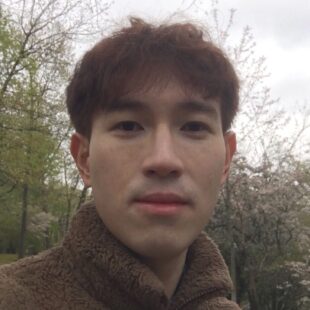Byungwoo Kang
Postdoctoral Fellow in Sabatini Lab

Contact Information
Areas I Research:
About
Byungwoo Kang is a postdoctoral fellow in Bernardo Sabatini’s lab, working on both the experimental and theoretical sides of neuroscience of learning. Born in Busan, South Korea, Kang came to the United States to study physics and math at Stanford as an undergraduate, driven by his childhood passion for understanding the universe and the brain.
Kang studied theoretical physics as a Ph.D. student at Stanford, focusing on the quantum nature of black holes and string theory. In the later portion of his time as a graduate student, Kang worked with Shaul Druckmann, a theoretical neuroscientist at Stanford, and Nuo Li, an experimental neuroscientist at Duke. After receiving his Ph.D., Kang joined Bernardo Sabatini’s lab at Harvard to pursue both experimental and theoretical projects on learning in the brain.
Research Focus
Kang’s current research focuses on understanding how the brain solves the credit assignment problem in multiregional neural circuits. During learning, the brain must determine how to adjust the activity of individual neurons to improve behavioral outputs. This requires knowledge of how each neuron influences the activity of output neurons. In a large neural network like the brain, this is an extremely difficult problem due to the complex downstream network connectivity.
Similarly, producing even simple behavioral outputs requires coordinated neural activities across multiple brain areas. Local neural computations in one brain area need to be supported, not disrupted, by inputs from other areas. How this brain-wide coordination of synaptic changes and neural activity arises during learning is completely unknown. Kang’s work aims to tackle these problems using both experimental and theoretical approaches.



